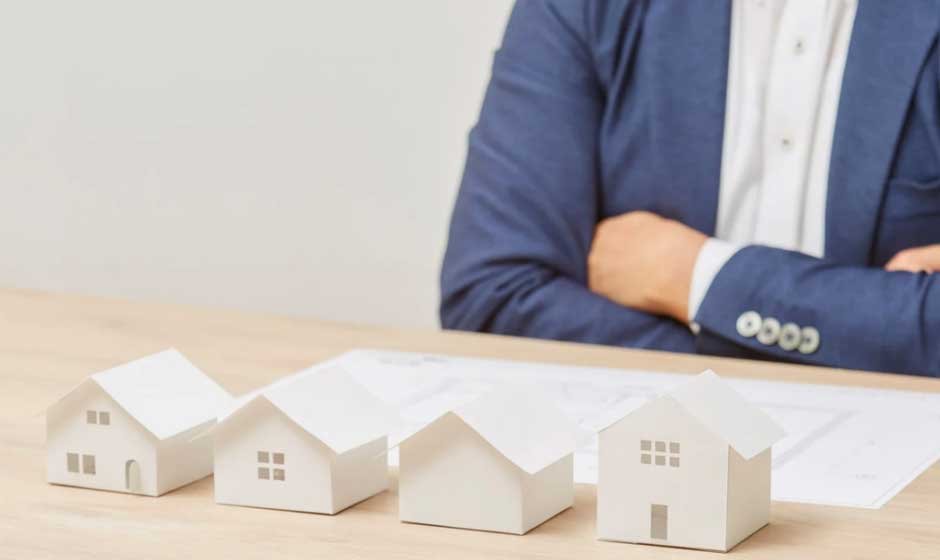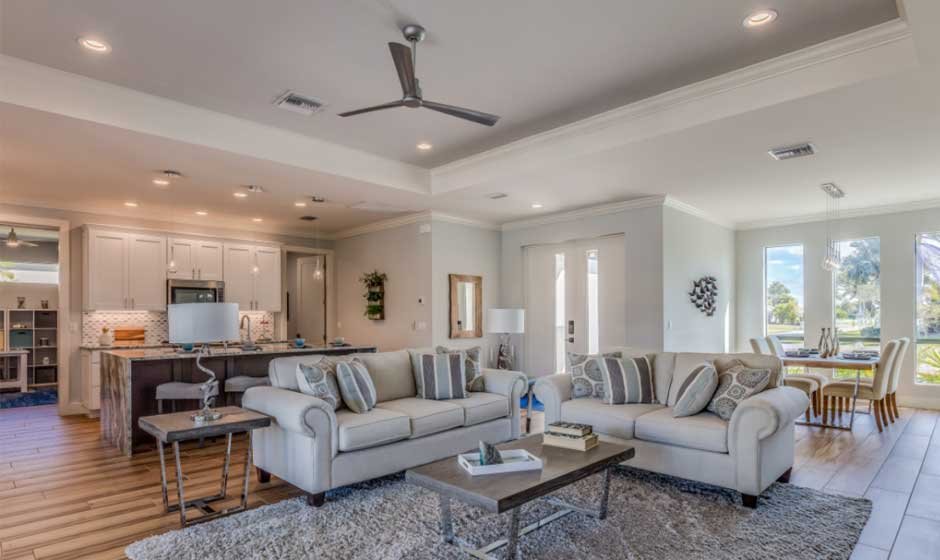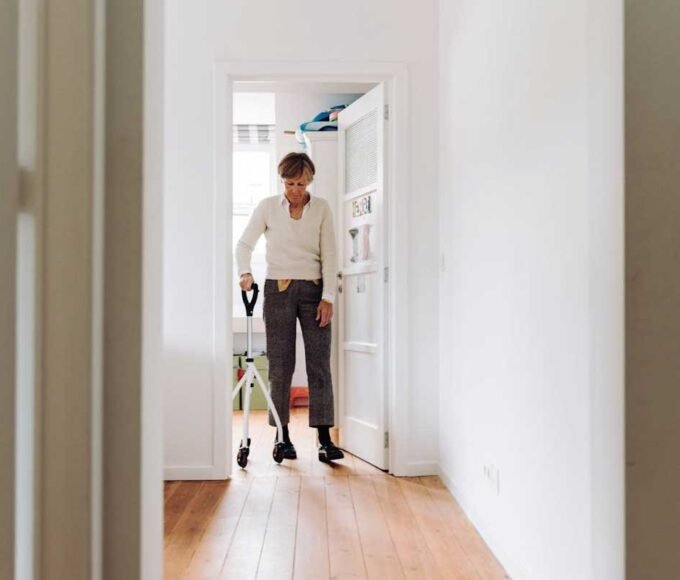A well-presented home doesn’t just look appealing; it sells faster and often for a higher price. In both the United States and Canada, home staging has become a critical part of real estate strategy. Buyers are no longer just purchasing a property; they are buying the lifestyle it represents. This is where skilled real estate agents stand out, by understanding how to guide sellers through the process of optimizing presentation from the first showing to the final sale.
This guide outlines a step-by-step approach to maximizing visual appeal and perceived value through professional staging, effective marketing, and strategic presentation.
1. The Psychology Behind Home Presentation
Before diving into staging tactics, it’s essential to understand why presentation matters. Buyer psychology plays a significant role in home sales. Research by the National Association of Realtors (NAR) shows that 82% of buyer’s agents said staging made it easier for their clients to visualize the property as a future home. Similarly, Canadian Real Estate Association data reflects the same trend: well-staged homes attract more offers and spend fewer days on the market.
Homebuyers make emotional decisions. They tend to picture themselves living in the space. Clean, organized, and well-lit homes create an environment that triggers comfort and aspiration. This perception directly influences how much they are willing to pay.
By mastering these emotional cues, agents can help sellers create the kind of first impression that converts casual interest into strong offers.
2. Preparing the Property: The Foundation of Effective Staging
The first stage of any successful presentation starts with preparation. Before adding decorative touches, real estate agents must help homeowners address repairs, cleanliness, and decluttering.
- Declutter and Depersonalize
Buyers need to imagine their own life in the space. Removing personal photos, excess furniture, and clutter allows rooms to appear larger and more versatile. - Deep Cleaning and Maintenance
Every visible surface should be spotless. Floors, windows, and baseboards must be free of dust or stains. Minor repairs, like fixing door handles, patching walls, or replacing old bulbs, show the home has been well-maintained. - Lighting and Ambiance
Natural light enhances space and appeal. Encourage sellers to open blinds, clean windows, and use warm, consistent lighting to create a welcoming atmosphere.
Even a top real estate agent in Airdrie would emphasize that small maintenance details can influence perceived property value as much as major renovations. Presentation is not just about décor; it’s about condition and consistency.
3. Staging for Visual Impact: Room-by-Room Strategies
Once the property is clean and functional, it’s time to stage it strategically. The goal is to make each area feel inviting and purposeful.

- The Entryway
First impressions begin with the curb appeal. A clean doormat, neutral paint, and small touches like fresh flowers or an elegant console table can set a positive tone. - Living Room
Keep furniture minimal and proportionate. Arrange seating to highlight flow and focal points, such as a fireplace or large window. Neutral tones with a few contrasting accents create balance and appeal to a wide audience. - Kitchen
Clear countertops except for essentials like a coffee maker or a bowl of fresh fruit. Ensure all appliances are spotless. A bright kitchencommunicates cleanliness and functionality, two traits every buyer values. - Bedrooms
Opt for soft colours and clean linens. Each room should have a clear purpose. For example, spare rooms can be staged as home offices or guest bedrooms to showcase versatility. - Bathrooms
Replace old towels, clean grout, and add subtle décor such as candles or small plants. A bathroom that feels spa-like creates an emotional connection with buyers.
4. Photography and Digital Presentation
With most Home buyers beginning their search online, digital presentation is as important as in-person staging. According to Redfin and CREA statistics, listings with professional photography receive 60% more views and sell 32% faster.
- Invest in Professional Photography
High-quality images capture the details that matter. Wide-angle shots help convey space, while natural light photography improves colour accuracy. Real estate agents should work with photographers who understand composition, lighting, and post-editing standards for listing platforms. - Virtual Tours and 3D Walkthroughs
In both the U.S. and Canadian markets, virtual tours are no longer optional. They help out-of-town or busy buyers explore properties remotely and often lead to quicker offers. - Consistency Across Platforms
Ensure all digital assets, photos, descriptions, and virtual media are consistent in tone and quality. Every detail should reinforce the home’s best features and align with its target audience.
5. Creating an Emotional Connection During Showings
Once the home looks and photographs beautifully, attention shifts to the physical showing experience. This is where sensory engagement matters.
- Scent and Sound
A neutral, pleasant scent enhances comfort, while soft background music creates a calm environment. Avoid strong air fresheners that could trigger allergies or seem artificial. - Temperature and Lighting
Ensure the home feels inviting, warm in winter and cool in summer. Adjust lighting to highlight focal pointsand maintain brightness throughout the tour. - Flow and Accessibility
Clear walking paths and open doors guide buyers naturally through the space. Encourage homeowners to vacate during showings so potential buyers can visualize themselves freely in the property.
6. Post-Staging Marketing: Reinforcing Perceived Value
The impact of staging should continue through marketing. Real estate agents should integrate home presentation details into listing descriptions and social media campaigns.
For example:
- Highlight “professionally staged interiors with modern finishes.”
- Mention upgrades like “freshly painted walls, updated fixtures, and spotless presentation.”
- Showcase before-and-after visuals to emphasize transformation.
These marketing points reinforce the home’s readiness and justify its asking price. They also signal to buyers that the seller and agent are serious about quality and presentation.
7. Measuring the Results

To validate the effectiveness of staging efforts, agents should monitor metrics such as:
- Days on Market (DOM)before and after staging.
- Number of showings and inquiries
- Final sale-to-list price ratio.
According to the Real Estate Staging Association, staged homes spend an average of 73% less time on the market than unstaged ones. These data-driven results are powerful tools for future client presentations and marketing materials.
Optimizing home presentation is both art and strategy. From cleaning and staging to photography and marketing, each step directly impacts how buyers perceive value. For real estate agents across the U.S. and Canada, mastering this process builds credibility and accelerates results.
Homes that look move-in ready appeal to more buyers, command higher offers, and close faster. When agents treat presentation as an investment rather than an afterthought, they unlock significant advantages for their clients and their business.
















